Navigating Vehicle Service Contracts: A Consumer's Guide
Understanding Vehicle Service Contracts: What Are They?
Let's start with the basics. A vehicle service contract is essentially an agreement to cover certain repair costs for your vehicle after the manufacturer's warranty expires. It's not technically a warranty, but rather a service contract. Think of it as an insurance policy for your car's mechanical components. These contracts can cover a wide range of repairs, from engine and transmission issues to electrical problems and even certain cosmetic fixes, depending on the specific plan.
However, it's important to distinguish them from manufacturer warranties. Manufacturer warranties are included with the purchase of a new vehicle and are backed by the manufacturer. Service contracts are typically offered by third-party providers or dealerships and come at an additional cost.
Coverage: What's Included and Excluded?
This is arguably the most critical factor. Scrutinize the contract to understand exactly what parts and systems are covered. Look for a comprehensive plan that covers major components like the engine, transmission, drivetrain, and electrical system. Also, pay close attention to what's not covered. Common exclusions include wear-and-tear items like brakes, tires, and routine maintenance. Some contracts may also exclude specific parts or systems based on your vehicle's age, mileage, or usage.
Pro Tip: Get a list of covered components and excluded components in writing. Don't rely solely on what the salesperson tells you.
Deductibles, Payment Options, and Contract Length
Like any insurance policy, vehicle service contracts usually come with a deductible – the amount you pay out-of-pocket for each repair. Compare deductibles across different plans. A lower deductible may mean a higher monthly premium, and vice versa. Consider your budget and how often you anticipate needing repairs when making this decision.
Explore the available payment options. Some contracts offer monthly payment plans, while others require a lump-sum payment upfront. The contract length is also important. Consider how long you plan to keep the vehicle and choose a contract that aligns with your ownership timeframe.
Provider Reputation and Financial Stability
Not all vehicle service contract providers are created equal. Research the provider's reputation and financial stability before signing on the dotted line. Check online reviews, ratings, and complaints. Look for providers with a solid track record of paying claims promptly and efficiently. A provider with a strong financial foundation is less likely to go out of business, leaving you stranded when you need them most. Check with the Better Business Bureau for any complaints or issues filed against the company.
Furthermore, understand the claims process. Is it straightforward and user-friendly? Are there any restrictions on where you can take your vehicle for repairs? Opt for a provider with a hassle-free claims process and a wide network of authorized repair facilities.
Cost vs. Potential Savings: Is it Worth It?
This is the million-dollar question. Weigh the cost of the vehicle service contract against the potential savings on repairs. Consider your vehicle's reliability, your driving habits, and the cost of repairs in your area. Research common repair costs for your specific make and model. If your vehicle is known for its reliability and you rarely experience mechanical issues, a service contract may not be worth the investment. However, if your vehicle is prone to breakdowns or you're concerned about potentially expensive repairs, a service contract can provide valuable peace of mind.
Remember, service contracts are designed to protect you from unexpected repair costs. They're not a guaranteed way to save money. The value ultimately depends on your individual circumstances.
Cancellation Policies and Transferability
Life happens. You might sell your car, total it in an accident, or simply decide you no longer need the service contract. Before you sign, understand the cancellation policy. Are you entitled to a full or partial refund if you cancel? Are there any penalties or fees associated with cancellation?
Also, check if the contract is transferable to a new owner if you sell the vehicle. A transferable contract can increase your car's resale value and make it more attractive to potential buyers.
Conclusion
Choosing a vehicle service contract requires careful consideration and due diligence. By understanding the key factors outlined in this guide – coverage, deductibles, provider reputation, cost vs. savings, cancellation policies, and transferability – you can make an informed decision that protects your investment and provides peace of mind on the road. Remember to read the fine print, ask questions, and compare multiple providers before committing to a contract.Where can I find my VIN?

Related Topics
- Don't Void Your Coverage! 5 Habits to Keep Your Kia Warranty Intact
- Your Guide to Smooth Sailing: Tips for Filing a Vehicle Warranty Claim
- The Ultimate Peace of Mind: A Deep Dive into Mitsubishi's 10-Year/100,000-Mile Powertrain Limited Warranty
- Transferring Your Acura Warranty: A Guide for Selling or Trading In Your Vehicle

